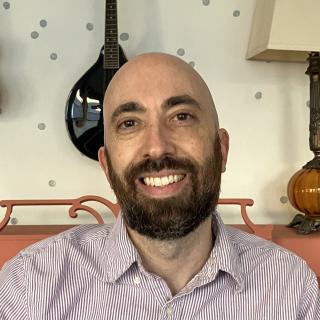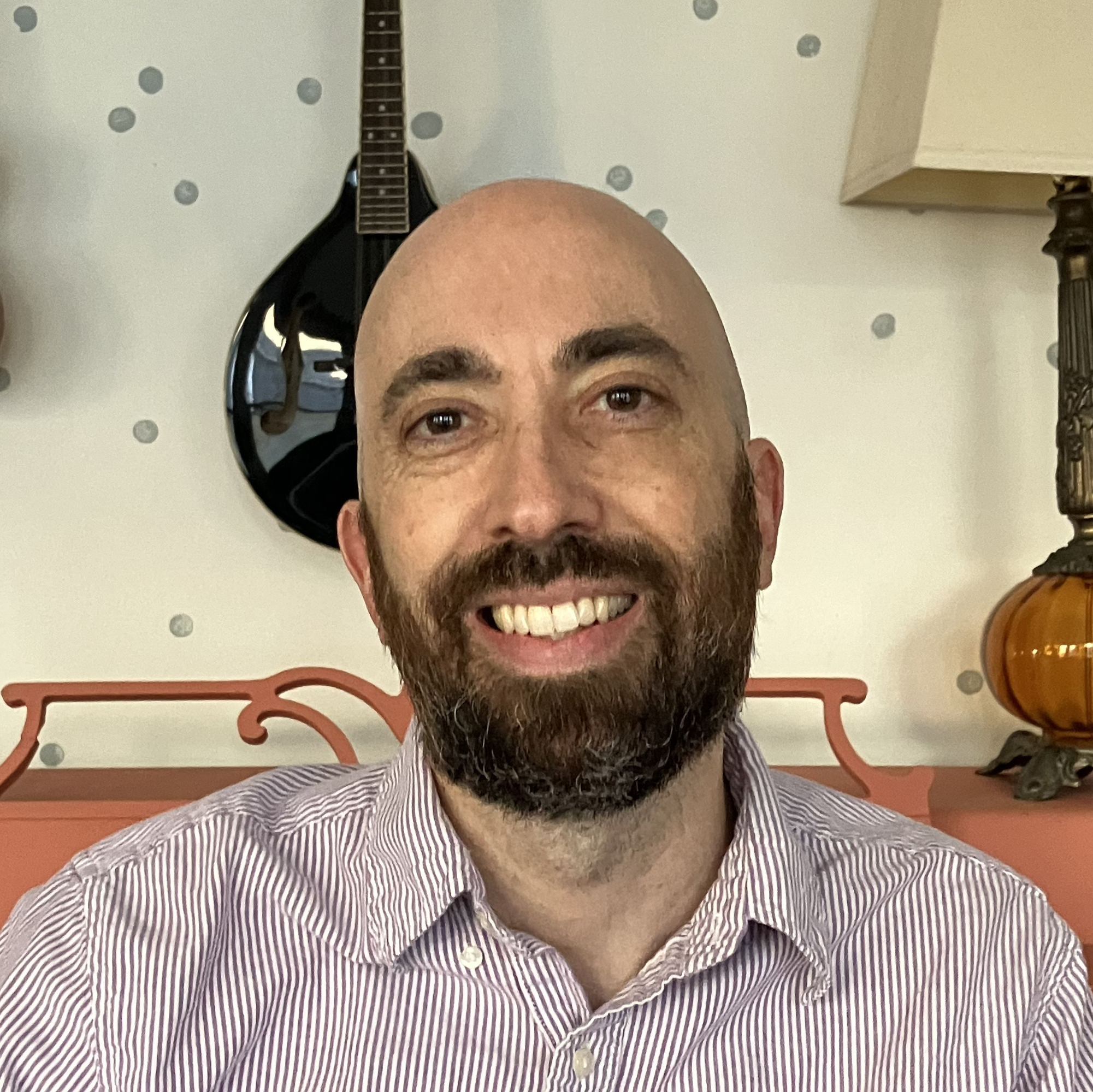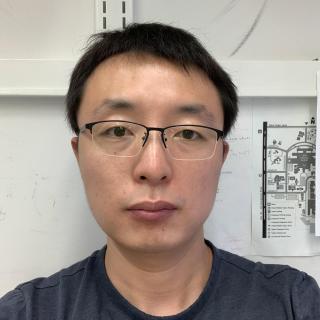
Ryan M. Young, Ph.D.
- Center for Cancer Research
- National Cancer Institute
- Building 10, Room 4N108
- Bethesda, MD 20892
- 240-858-3513
- youngrm@nih.gov
RESEARCH SUMMARY
Dr. Young employs proteogenomic technologies to elucidate novel modes of pathogenic signaling in multiple myeloma and lymphoma. Insights from his research are helping to identify novel therapeutic targets and to exploit druggable pathways in lymphoid malignancies.
Areas of Expertise

Ryan M. Young, Ph.D.
Research
Multiple myeloma (MM) is an incurable malignancy of plasma cells marked by extreme genetic and phenotypic heterogeneity. Chromosomal hyperdiploidy or recurrent chromosomal translocations involving the immunoglobulin heavy chain locus primarily characterize this disease, with an abundance of mutations targeting the RAS and NF-kB pathways, among others. While the genetics of MM have been well-annotated, much less is known about pathogenic signaling in MM or how common mutations may contribute to oncogenic signaling. My research program utilizes cutting-edge proteogenomic techniques, high-resolution microscopy imaging and biochemical approaches to discover molecular mechanisms of pathogenic signaling in MM, with the goal of finding new opportunities for the targeted treatment of MM.
Publications
A multiprotein supercomplex controlling oncogenic signalling in lymphoma
Survival of human lymphoma cells requires B-cell receptor engagement by self-antigens
Biography

Ryan M. Young, Ph.D.
Dr. Young received his B.S. from Worcester Polytechnic Institute, where he performed thesis work with Dr. Hongkui Deng. He obtained his Ph.D. in Biochemistry from Cornell University in the laboratory of Drs. Barbara Baird and David Holowka. He pursued post-doctoral training at National Jewish Medical Research Center and the National Cancer Institute, and was later promoted to Staff Scientist in the laboratory Dr. Lou Staudt. Dr. Young was appointed as an Earl Stadtman Investigator in the Lymphoid Malignancies Branch in 2020.
Job Vacancies
| Position | Degree Required | Contact Name | Contact Email |
|---|---|---|---|
| Postdoctoral Fellow - CRISPR, Proteomics | Ph.D. or equivalent | Ryan Young | youngrm@mail.nih.gov |
Team
News
Learn more about CCR research advances, new discoveries and more
on our news section.

